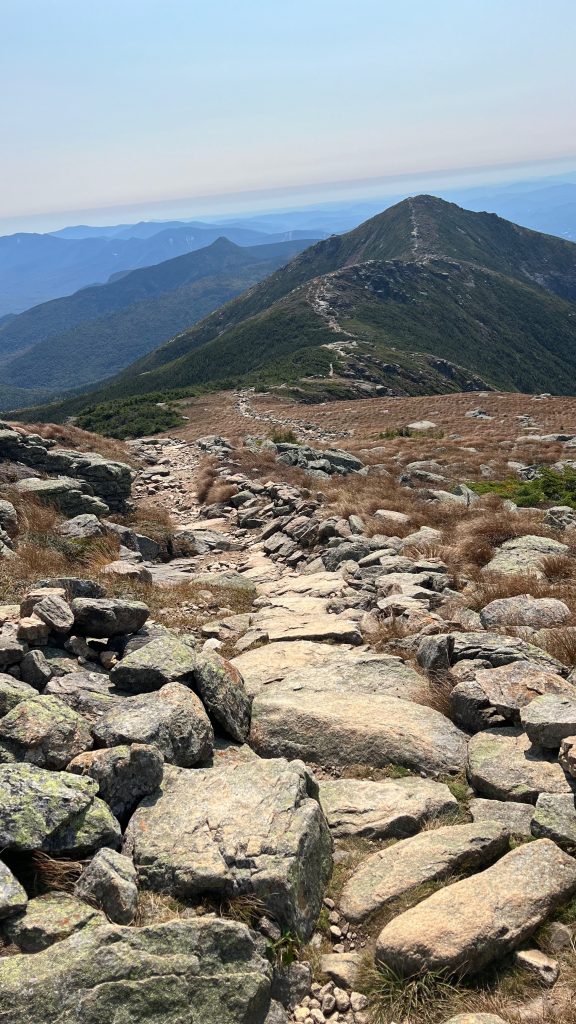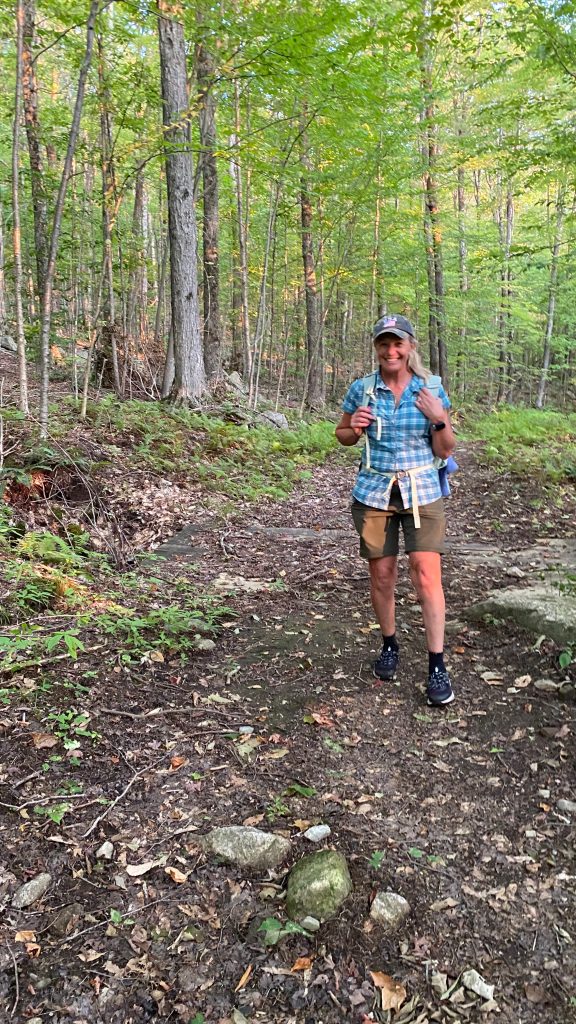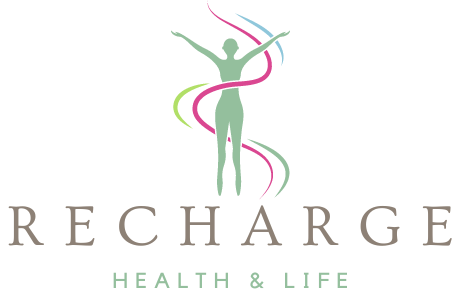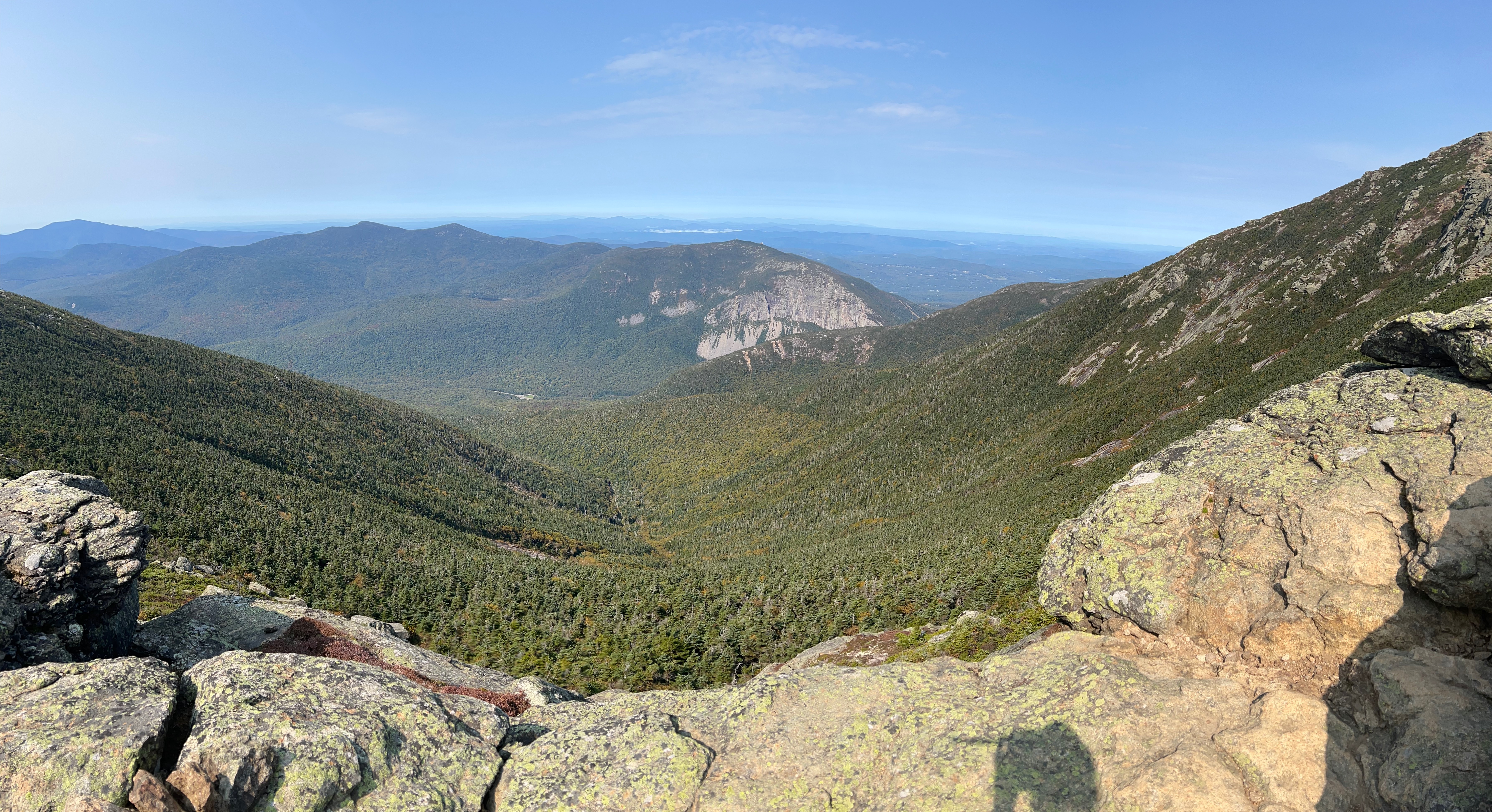About a year ago, I tuned into an episode of one of my favorite podcasts, hosted by Dr. Mark Hyman. The episode featured Colin O’Brady, a renowned adventurer and expert on human resilience. During their conversation, Colin introduced a transformative challenge: a one-day experiment to break free from complacency, silence negative self-talk, reconnect with your inner self, and reignite your sense of purpose.
The mission? A 12-hour solitary walk, unplugged from the world. Not an extreme trek through the wilderness, but simply stepping out your front door and walking for 12 hours. It wasn’t about the distance or speed. You could take breaks, but the key was to disconnect from technology and spend the day alone with your thoughts.

Initially, I toyed with the idea but quickly fell into the trap of excuses. I convinced myself I didn’t have time, that it would be hard but boring, and that it wouldn’t offer enough adventure. But as I approached a significant life transition—starting a new job at the age of 60—I realized I needed to renew my sense of purpose. I craved the mental and emotional space to reconnect with myself and realign my direction.
Being an adventurer at heart, I decided to embrace the challenge, pushing myself further by turning it into a solo 12-hour hike through the rugged White Mountains. Though I exercise regularly, I wasn’t in hiking shape. It had been years since I’d done a long endurance event, but I longed for the challenge.
Everyone needs to build or sharpen their resilience from time to time, and here was my chance. The walk was not just physical; it was an opportunity to reflect, redefine my purpose, and silence negative self-talk.
In his book The 12-Hour Walk, Colin shares many of his extreme challenges, from climbing Mount Everest to trekking across Antarctica. He talks about how many moments in life are a “1” on a scale of 1 to 10, but without the 1’s, you can’t truly appreciate the 10’s. Complacency keeps us from experiencing those “10” moments because we avoid challenges that might lead to a “1.”
During the walk, I caught myself comparing my pace to other hikers, many of whom passed me by. I had to remind myself that the goal wasn’t speed but time—being out there for 12 hours. This pattern of comparing myself to others is something I’ve often struggled with. I realized that giving my best is enough, even if my “best” looks different now at 60 than it did before.
The walk taught me the importance of recovery, rest, and rejuvenation, whether in physical challenges or managing the workweek. It’s okay to slow down, especially as I age. Yet, keep on moving even when the pace is slower.
The most profound takeaway was the beauty of God’s creation. The Franconia Ridge mountains are breathtaking and witnessing their grandeur on such a perfect day filled me with gratitude—a “10”. There’s no better way to experience this than through your own effort—walking, enduring, and persevering to see the vast magnificence of nature’s beauty.
At the 10th and 11th hours of my walk, I found myself in the lower range of that 1-10 scale. I was descending from a 5,200-foot peak in New Hampshire, alone for hours, nearing dusk, and fatigued. My legs ached, and self-doubt crept in. I wasn’t sure I’d make it out of the woods before dark, but I kept my optimism. I had to purposely slow down to achieve the 12-hour solo walk in those closing hours, a bit agonizing I must say, I wanted to be done. Another lesson to slow down. I was experiencing close to a “1” in those closing hours relying on resilience to both slow down and continue walking along with achy legs and fatigue. The reward–a “10” at hour twelve, the sense of perseverance and my husband greeting me at the finish with an ice-cold IPA and a chair to sit at the end of trail. Looking up at that sky as the sun was starting to set was a moment of glory and gratitude gifted with being with the man I love.
Much of my time as I walked was reflecting on my transition into a new job at 60. Now I see this opportunity as a gift. The company’s values align with mine, and they have a deeper sense of purpose—respecting the fragility of life. Their plant medicine, uniquely and energetically formulated, stems from missionary work in Peru 30 years ago, and with God’s grace they paved the way to own and operate a company that positions themselves to offer education to practitioners who seek alternative options to support their patients who have complex health challenges that have not found solutions with traditional allopathic medicine. They continue this missionary work now on a larger scale by donating at least 50% of profits to help feed the hungry, build schools for the less fortunate, and give back to those who need it most around the world.
This experience prompted me to reflect deeply on the energetic power of what we consume. Just as food prepared with love carries positive energy, so too do organically grown foods, cultivated without harmful chemicals. In contrast, processed foods, chemically treated plants, and meat from animals raised in inhumane conditions—often injected with pharmaceuticals—introduce toxicity into our bodies. Organic food, however, nourishes us in ways that sustain our vitality, while natural plant-based medicine carries the energy to heal us when we are unwell. This reflection led me to consider how I can contribute to humanity’s understanding of the profound mutual respect we must have for the plants and animals that God has provided to nourish and heal us.
I just completed a new rendition of my vision board. It has some visions not considered before: doing missionary work and hiking Machu Picchu with a group of like-minded practitioners, experiencing the spiritual journey while helping and learning from the indigenous people.
This blog may have cascaded into a longer version, but 12 hours is a long time to spend alone walking.
I guess I took a lot IN.



Comments are closed